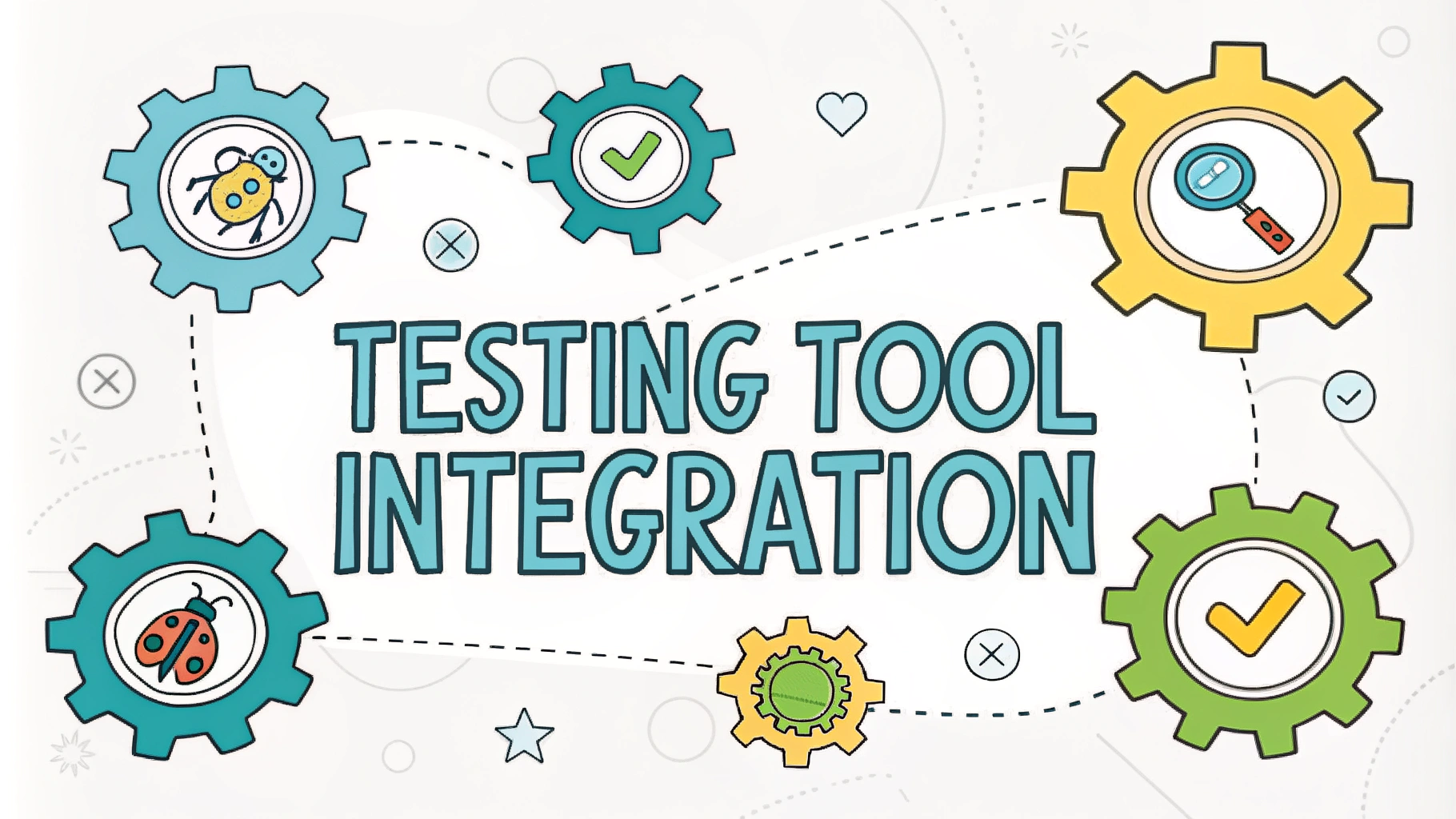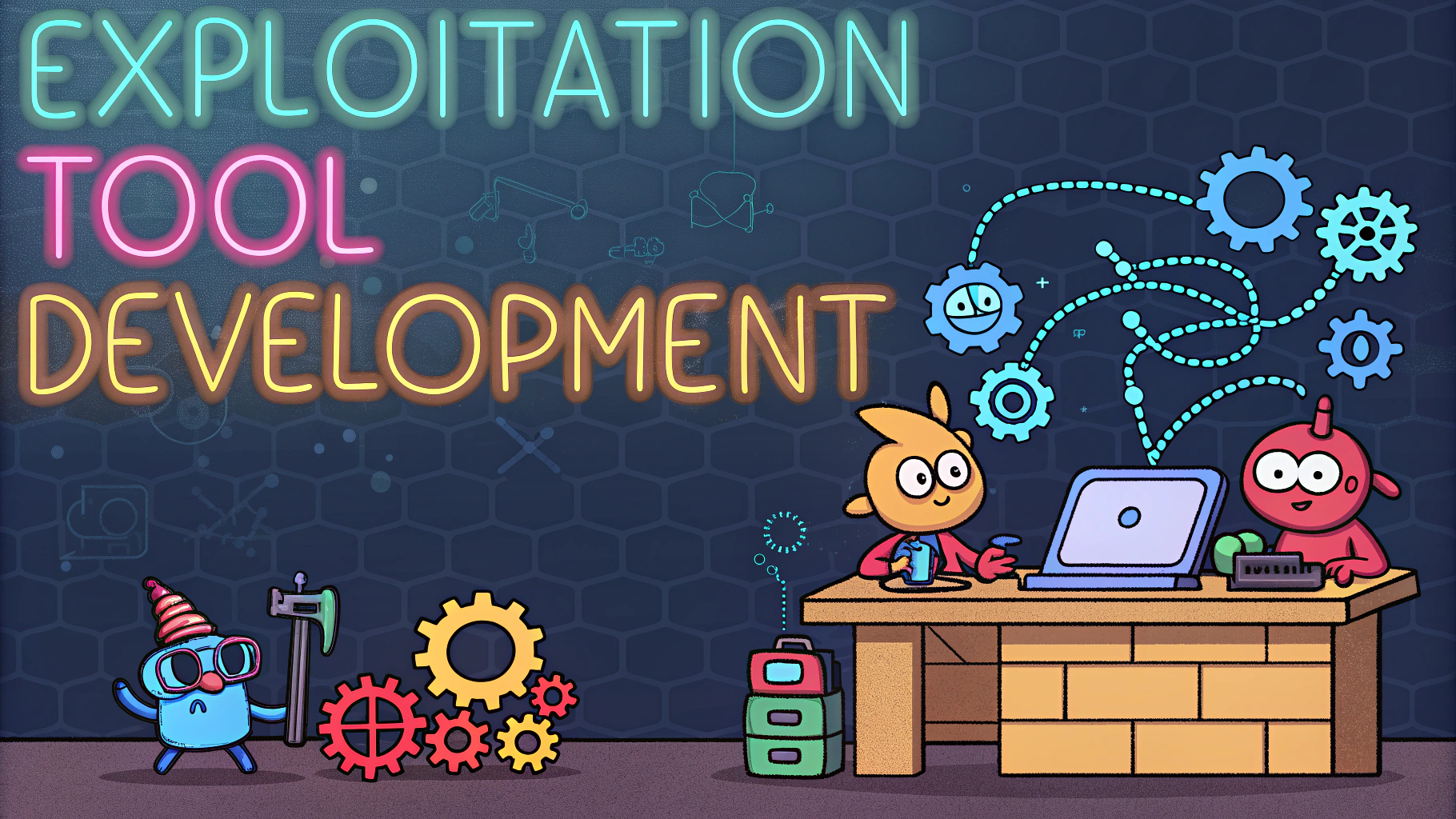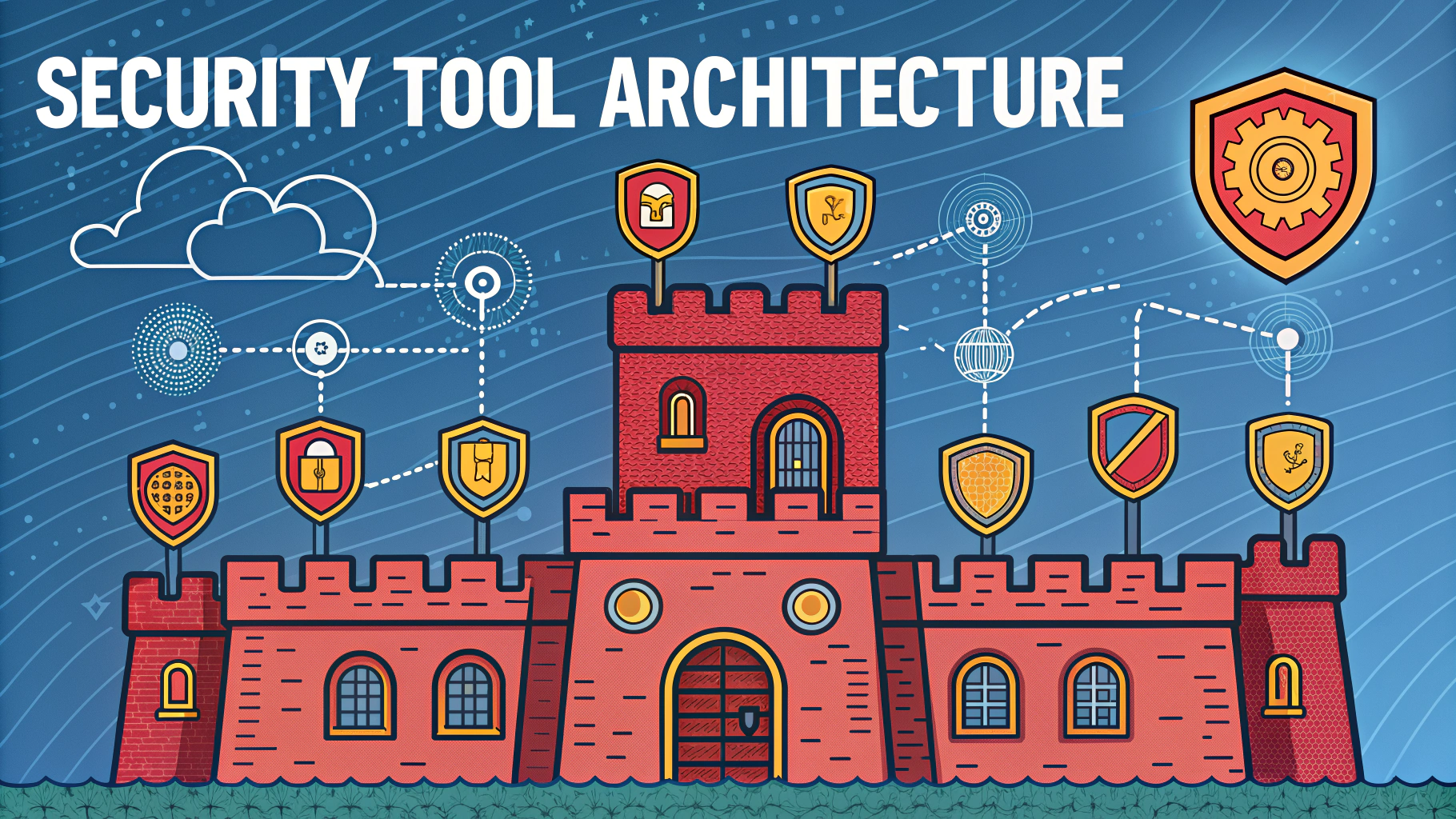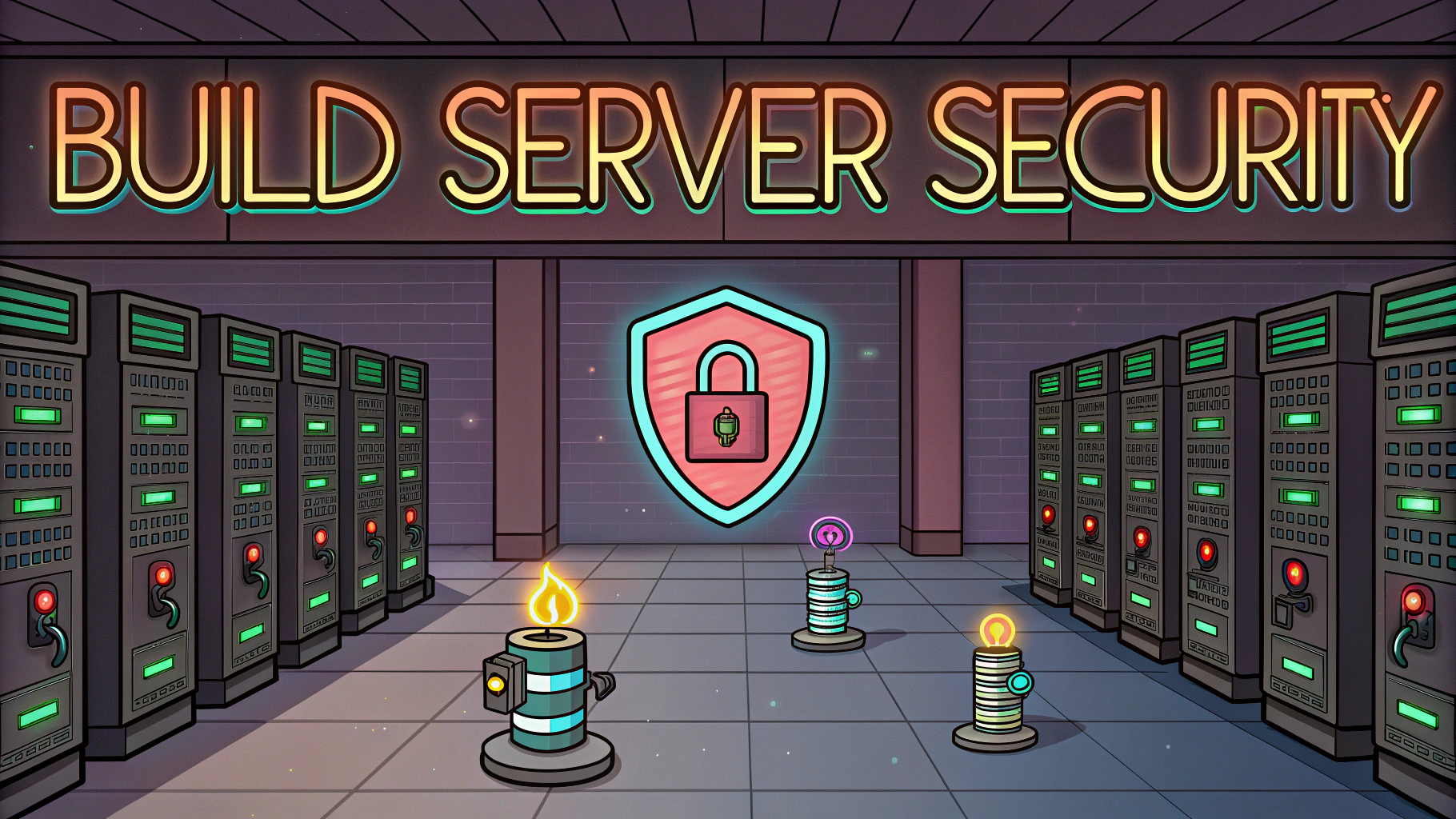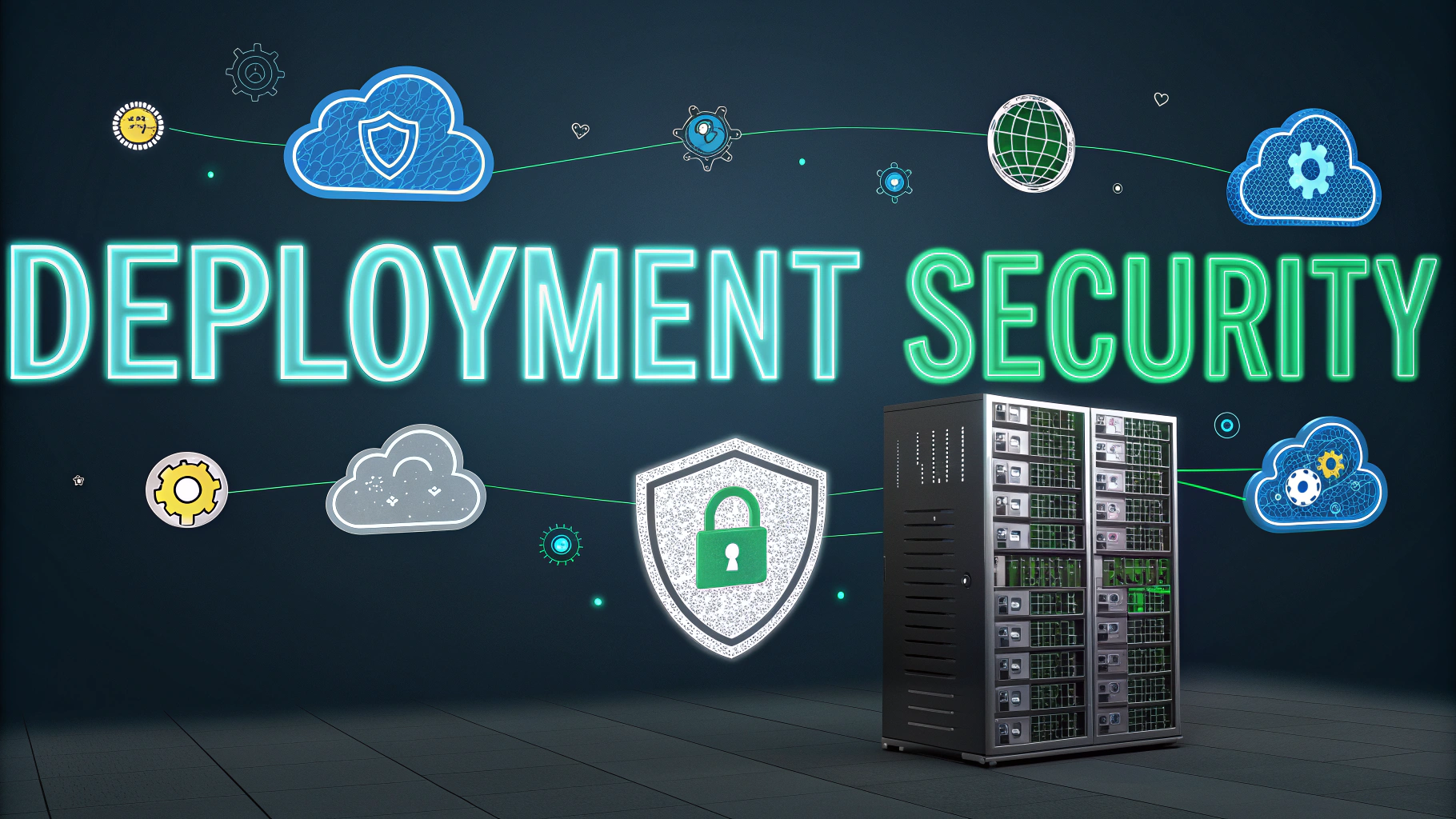Preparing for penetration testing interviews requires understanding both technical skills and methodological approaches common in security assessments.
Professional pentesters must demonstrate practical experience with tools, knowledge of attack vectors, and ability to communicate findings effectively to stakeholders.
This mock interview guide covers essential topics, sample questions, and strategies to help candidates showcase their pentesting expertise.
Technical Knowledge Areas
- Network protocols and architecture
- Web application security
- Operating system security
- Wireless network testing
- Scripting and automation
Common Technical Questions
| Category | Sample Question |
|---|---|
| Methodology | Explain your approach to conducting an external network assessment |
| Tools | What Nmap switches would you use for stealth scanning? |
| Web Security | How do you test for SQL injection vulnerabilities? |
Practical Skills Assessment
Many interviews include hands-on testing using platforms like HackTheBox or similar environments.
- Practice with common tools: Metasploit, Burp Suite, Wireshark
- Document your methodology and findings clearly
- Explain your thought process while solving challenges
Report Writing Questions
Effective communication of findings is a key skill for pentesters.
- How do you prioritize vulnerabilities?
- What elements do you include in executive summaries?
- How do you explain technical issues to non-technical stakeholders?
Scenario-Based Questions
Be prepared to answer questions about real-world situations:
- How would you handle discovering a critical vulnerability during testing?
- What steps would you take if you accidentally crash a production system?
- How do you determine the scope of a penetration test?
Professional Certifications
Be ready to discuss relevant certifications and their practical application:
- OSCP (Offensive Security Certified Professional)
- CEH (Certified Ethical Hacker)
- GPEN (GIAC Penetration Tester)
Practice Resources
- HackTheBox: www.hackthebox.eu
- TryHackMe: tryhackme.com
- VulnHub: www.vulnhub.com
Next Steps for Success
Build a home lab to practice different scenarios and tools regularly.
Document your testing experiences and maintain a portfolio of your work (without disclosing client information).
Stay current with security news and emerging threats through resources like OWASP and security blogs.
Interview Best Practices
- Research the company’s security focus and industry
- Review recent security incidents in their sector
- Prepare questions about their security program
- Bring examples of sanitized reports or projects
Soft Skills Development
Penetration testers must balance technical expertise with professional conduct.
- Project management capabilities
- Client relationship management
- Time management during assessments
- Team collaboration skills
Legal and Ethical Considerations
Essential Knowledge Areas
- Compliance frameworks (GDPR, HIPAA, PCI-DSS)
- Rules of engagement documentation
- Data handling procedures
- Legal liability understanding
Career Growth Opportunities
Understanding potential career paths demonstrates long-term vision:
- Senior Penetration Tester
- Security Research and Development
- Red Team Operations Lead
- Security Program Management
Mastering the Security Journey
Success in penetration testing requires continuous learning and adaptation to new threats and technologies. Focus on building a strong foundation of technical skills while developing the professional capabilities needed for effective security assessments.
- Maintain active participation in security communities
- Contribute to open-source security projects
- Develop specializations in emerging technologies
- Build a network of security professionals
FAQs
- What should I focus on during a penetration testing interview?
The key areas to focus on include methodology (OWASP, PTES), common tools (Metasploit, Burp Suite, Nmap), networking fundamentals, operating systems security, web application security, and recent vulnerabilities. - How do I demonstrate my hands-on experience during the interview?
Prepare detailed walk-throughs of previous penetration tests, CTF challenges you’ve solved, or bug bounty findings. Be ready to explain your methodology, tools used, and remediation recommendations. - What certifications should I highlight in a pentest interview?
Relevant certifications include OSCP, CEH, GPEN, CREST, and eWPT. Focus on how the knowledge gained from these certifications applies to real-world scenarios. - How should I approach a technical challenge during the interview?
Follow a structured methodology: understand the scope, perform reconnaissance, identify vulnerabilities, exploit if required, and document findings. Explain your thought process throughout. - What common tools should I be proficient with?
Be familiar with Nmap, Burp Suite, Metasploit, Wireshark, SQLmap, Nessus, and common scripting languages (Python, Bash). Understand both automated and manual testing approaches. - How do I explain the difference between vulnerability assessment and penetration testing?
Vulnerability assessment identifies and reports security weaknesses, while penetration testing goes further by actively exploiting vulnerabilities to demonstrate potential impact and attack chains. - What reporting skills should I emphasize?
Highlight experience in writing clear, actionable reports that include executive summaries, technical details, proof of concept, impact assessment, and prioritized remediation recommendations. - How do I discuss sensitive information about previous pentests?
Never disclose client names or specific vulnerabilities. Instead, discuss methodologies, types of findings, and remediation strategies while maintaining confidentiality. - What should I know about compliance-related penetration testing?
Understand requirements for common standards like PCI DSS, HIPAA, and ISO 27001, and how penetration testing fits into compliance frameworks. - How should I address questions about ethical hacking?
Emphasize the importance of scope, permissions, documentation, and responsible disclosure. Demonstrate understanding of legal and ethical boundaries in security testing.

